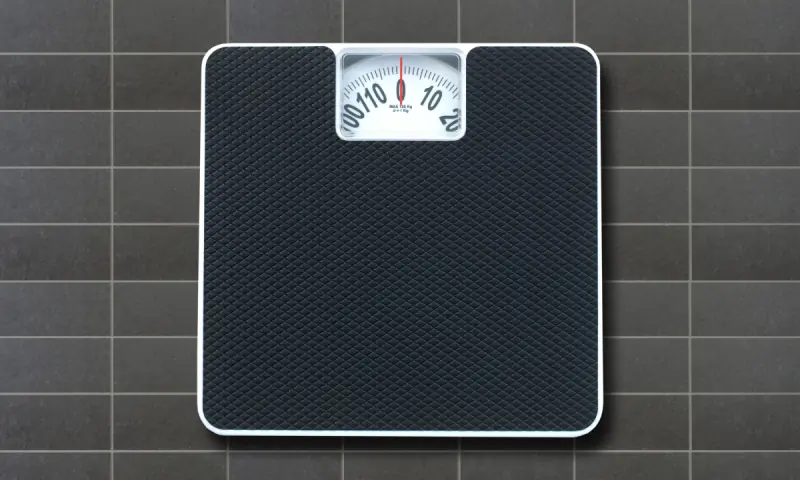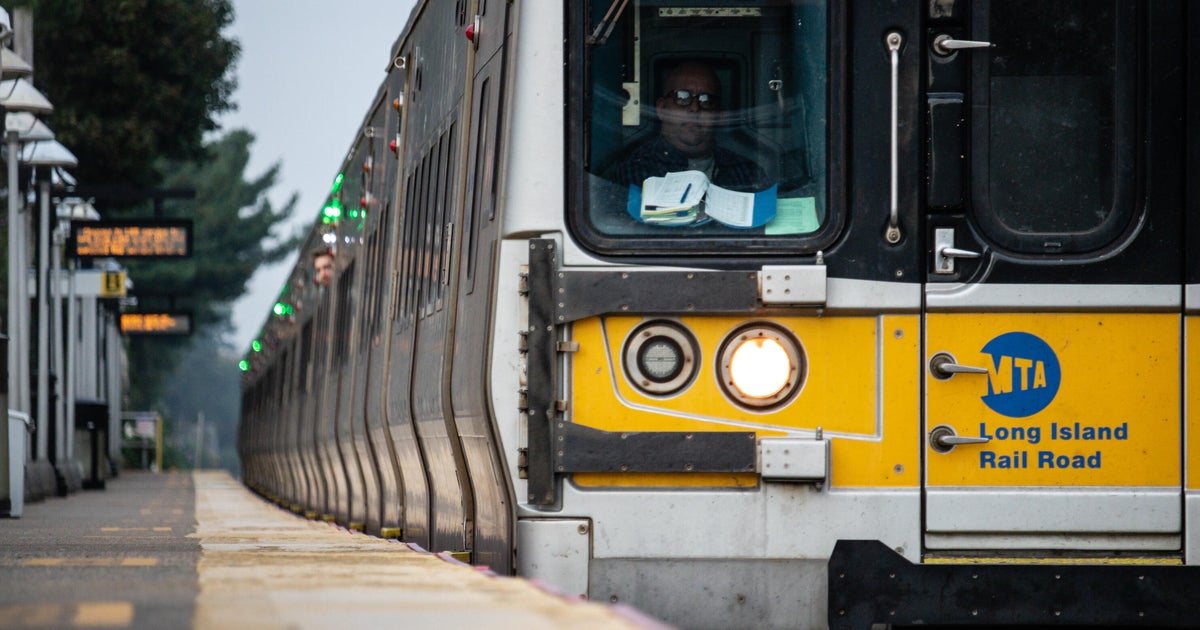The first of several 2026 World Cup ticket sales “phases” opened Wednesday with a lottery exclusive to customers of a top-tier FIFA sponsor, Visa — and, for some eager fans, with a lengthy wait or error messages.
After years of anticipation and confusion, beginning at 11 a.m. ET, fans could finally log on to FIFA’s website and apply for access to tickets to the tournament, which begins next June in the United States, Canada and Mexico.
There was, in theory, no urgency — no preference in the random draw will be given to the earliest applicants, FIFA has said. But many who attempted to apply soon after 11 a.m. found themselves stuck in a digital waiting room, and told by the ticketing website that, “when you are closer to your entry time, a countdown will appear before you can enter the Visa Presale Draw. Once the countdown is over, an ‘ENTER’ button will be available for 5 minutes.”
Some fans waited more than 30 minutes, and no countdown or “ENTER” button ever appeared. Some finally got the countdown clock and, after waiting over an hour in total, successfully entered the application portal.
Others entered rather quickly, navigated through multiple steps, completed their “FIFA ID” account, input their Visa credit card, debit card or reloadable prepaid card details, and successfully completed their “entry.”
Others, however, waited for over an hour, then received a “HTTP Status 400 — Bad Request” error message when they tried to enter.
A FIFA spokesman, when asked about the reason for the waits, cited “extraordinary” demand, and confirmed: “We are experiencing initial extended wait times as the registration period opens.”
On Thursday afternoon, FIFA said that more than 1.5 million people had applied in the first 24 hours.
The spokesman also reiterated: “Importantly, timing of a fan’s entry into the Visa Presale Draw will not impact the fan’s chances of success – everyone who registers during the entry period will have the same likelihood of being selected to have the opportunity to purchase tickets.”
The application window will shut on Sept. 19 at 11 a.m. ET. When it does, FIFA will weed out bots, then randomly select an undisclosed number of applicants and assign them time slots for purchasing tickets beginning Oct. 1.
During the application phase, no ticket prices were revealed, and no tickets will actually be purchased until October.
Has there been a more convoluted, utterly mystifying process than signing up for FIFA tickets? I’m in the @Visa presale queue (I think?) —check out these instructions and tell me you understand what in holy hell is happening here: pic.twitter.com/Y9sdGF6gM6
— Lea Goldman (@lea) September 10, 2025
How’s everyone else doing? Has anyone been able to get in for their FIFa Tickets yet? The World Cup is probably going to be over by the time I’m able to get in. Not looking good so far… pic.twitter.com/15ZPRWXzdT
— Ulises Zanini (@itsme_ulises) September 10, 2025
Yo FIFA, fix your website! Trying to enter the VISA pre sale for WC26 tickets… pic.twitter.com/hkHVKjP3zV
— Bottomz (@BottomzSpotter) September 10, 2025
In the first October time slot, tickets to all matches – including the openers and final – will be available, according to FIFA. But it’s unclear how many tickets to each match will be allocated to this first sales phase and what might still be available in later time slots closer to Oct. 21, when the phase ends. Even for successful applicants, ticket access is “subject to availability,” FIFA says, and the most coveted tickets could be snapped up in early time slots.
Around 1 million tickets in total — roughly 15% of the 2026 World Cup’s total inventory — are expected to be available in this “Visa presale draw” phase, a FIFA official said earlier this month.
The Visa presale is the first of at least four sales phases. After it concludes in late October, a nearly identical “early ticket draw” will follow without the Visa card requirement.
In these first two phases, fans, if selected, will be able to purchase tickets either to single matches, to a batch of games in a specific city or to all three group games featuring a specific team.
For most of those single matches and city-specific batches, though, they won’t know which participating nations they are paying to see. The dates and locations for all 104 games are set, but most matchups are currently TBD vs. TBD. With the exception of the three co-hosts, teams won’t be slotted into groups and cities until Dec. 5, when FIFA will conduct the World Cup draw in Washington, D.C.
Here is everything you need to know about the @Visa Presale Draw 🇨🇦🇲🇽🇺🇸
— FIFA World Cup (@FIFAWorldCup) September 10, 2025
After the draw, another lottery phase will open. In this one, chosen applicants will purchase tickets for specific matchups. And at this time, dynamic pricing will almost certainly come into play.
FIFA officials have confirmed that they’ll employ what they call a “variable pricing” strategy, with prices subject to change at any time based on demand. Prices could even rise during the Visa presale or “early ticket” phases. But the system is largely in place to allow FIFA to milk more revenue out of games featuring the most popular teams, such as Brazil or Argentina. (On the flipside, it also allows FIFA to set prices somewhat high as a baseline, then lower them if games between less popular teams aren’t selling.)
At some point this fall, FIFA will also launch its own resale platform. In an attempt to compete with, or even crowd out, third-party sites like StubHub and SeatGeek, FIFA will not cap prices on its “official” resale site. (FIFA will likely take a commission on all those internal resales, like StubHub and SeatGeek do, but it has not confirmed what its percentage or fee will be.)
Finally, after the post-draw lottery phase, in the spring of 2026, there will be a “first come, first served” or “last-minute sales” phase. This one will be more in line with the standard ticketing process for an NFL or NBA game, or for other North American sports. There will no longer be applications or lotteries; fans will simply log onto FIFA’s website, select from the remaining tickets and buy them.
Across all phases, each individual fan will be allowed to buy up to four tickets for up to 10 games — so 40 tickets in total.
FIFA tracks this, and enforces the cap, by requiring anybody interested in tickets to sign up for a “FIFA ID.”
For groups of more than four people hoping to sit together, “FIFA has historically implemented a grouping concept and will do so for FWC26,” a spokesman told The Athletic. “This concept will allow multiple Ticket Applicants and their Guests with the possibility of being seated next to other Ticket Applicants. Due to the expected demand of this global tournament, grouping of multiple ticket applications cannot be guaranteed and best efforts will be applied during seat assignment.”
It won’t, though, be possible to pick specific seats in this first phase. Historically, FIFA has sold tickets by category, rather than for specific sections, rows and seats. In 2026, it will again use the category system, with Category 1 generally being the lower bowl of a stadium, Category 2 being the second level, and Category 3 and 4 being the upper deck.
The Category 1 tickets will be the most expensive. A Category 1 ticket to the final will start at $6,730, FIFA said earlier this month. But most prices have still not been revealed. FIFA has said that Category 4 tickets will start at $60 in the group stage, but, speaking on a Zoom call with reporters earlier this month, an official said most prices had not been finalized. They might not be revealed until the first Visa presale time slot opens on Oct. 1.
There could also be other routes to tickets, such as through national soccer federations — e.g. U.S. Soccer or the English FA — or via special sales phases for residents of the three host countries.
And some 70,000 tickets have already been promised to holders of “Right To Buy” tokens. Over the past year, FIFA has sold tens of thousands of these tokens for hundreds of dollars each on its FIFA Collect platform. The tokens essentially allow holders to bypass lotteries, but the holders still must pay a to-be-determined full price for the ticket they’ve been promised. FIFA has made millions of dollars, perhaps as much as $20 million, on the scheme, but has not yet told holders how or when they’ll be able to redeem their tokens for tickets.
A FIFA spokesperson told The Athletic in a statement that these so-called “RTBs” were used, in part, to “test demand, identify market trends and inform fair pricing strategies, ensuring fans benefit from a more transparent ticketing process.”
The demand, in general, was high, with some fans paying thousands of dollars for the right to eventually pay hundreds or thousands more dollars for the tickets they crave.
A FIFA official said earlier this month that 8.5 million people had “registered their interest” in tickets to the World Cup, which will be the first featuring 48 teams, and the first held across three countries.
Melanie Anzidei and Felipe Cardenas contributed reporting to this story.
(Top photo: Loren Elliott / Getty Images)


